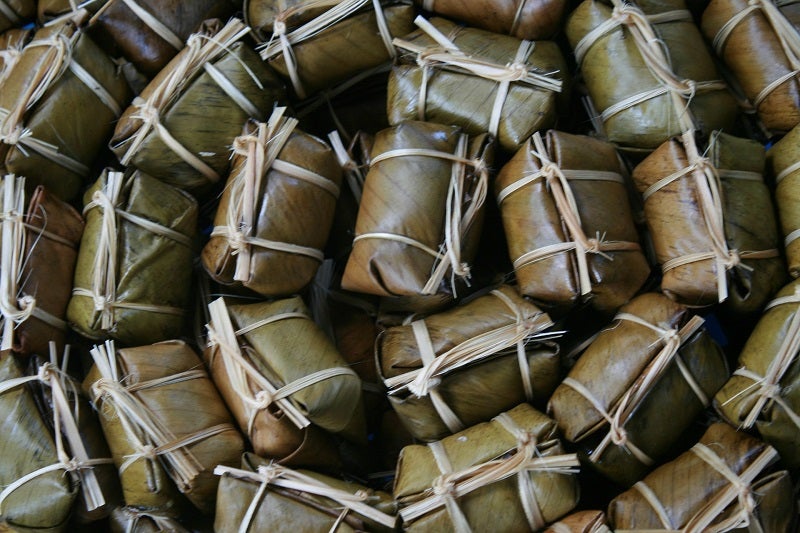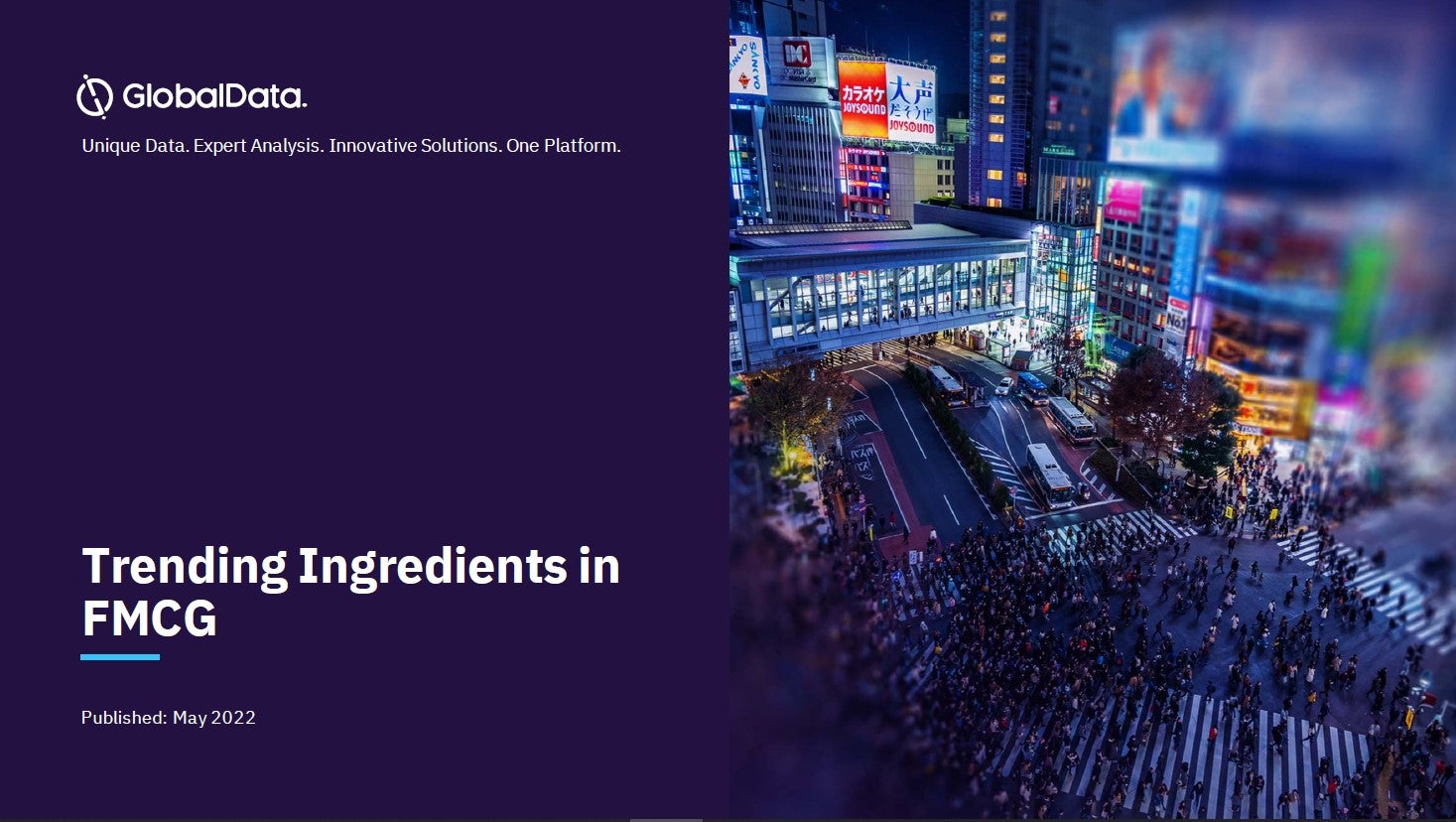
Thai supermarket Rimping has started using banana leaf packaging as a substitute for plastic.
Shared over social media 11,000 times, the packaging was first brought to the world’s attention via Facebook posts from Perfect Homes Chiang Mai Limited.
The banana leaf packaging is used to wrap bunches of spring onions, peppers, chillies and other produce, and secured with a strip of flexible bamboo.
Plastic is used for the produce labels but many commentators praised the supermarkets attempt to lower its plastic consumption saying that ‘little steps make a big difference.’
Many also highlighted how the packaging promotes sustainability as it is biodegradable, can be turned into compost and is free from toxins or dyes, which can be found in plastic packaging. The leaves also provide natural protection as they are waterproof and humidity-proof.
Banana leaves are often used across Asia to wrap cooked food, particularly sticky rice dishes, such as Thai dessert Khanom Thian, and Indonesian Lontong.
Sustainable packaging trends are expected to rise this year, with heavy emphasis on plastic-free and reclaimed ocean plastic packaging.
In the UK, supermarkets have made steps to cut plastic packaging. Tesco launched a plastic-free fruit and veg trial, and Iceland opened its first in-store greengrocer plastic-free aisle.




